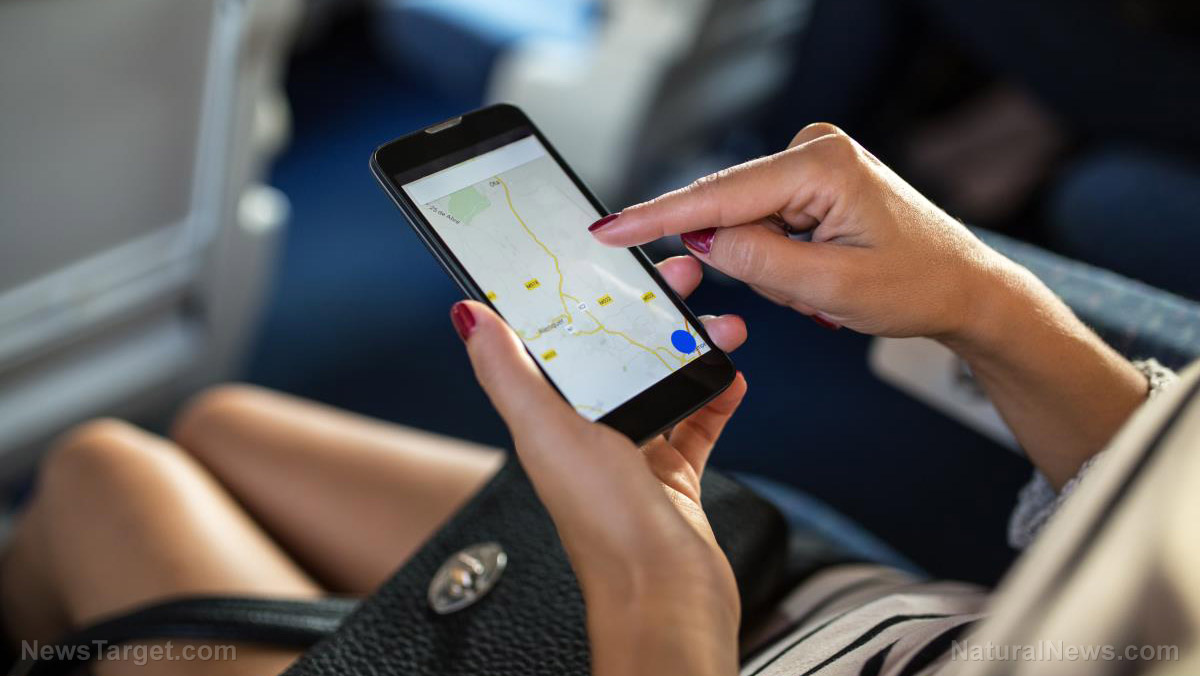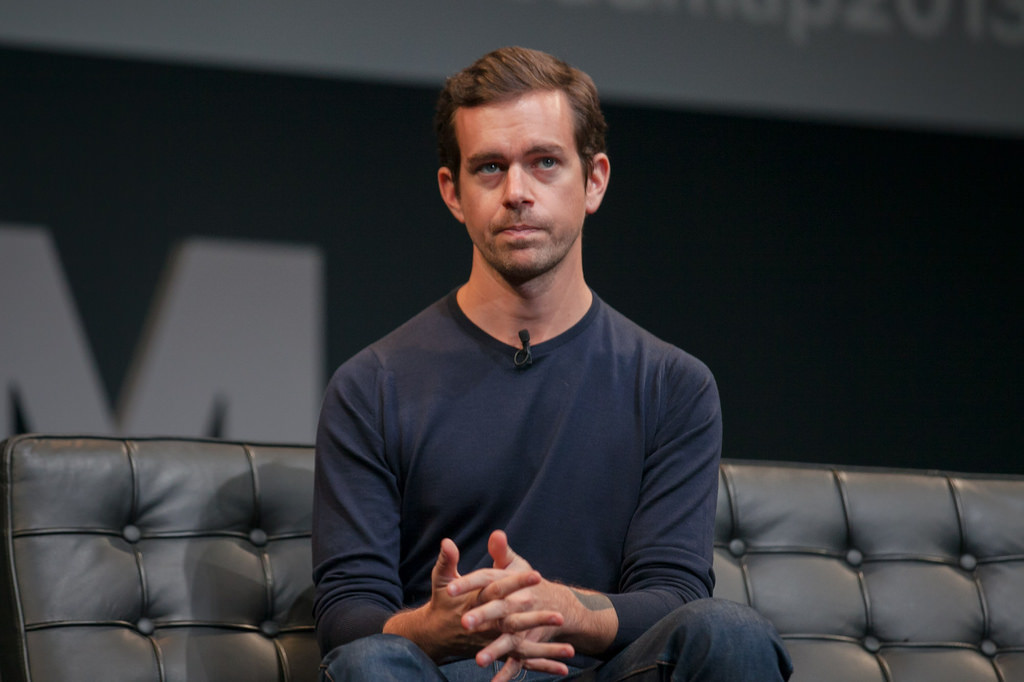 Parler
Parler Gab
Gab
Florida man wrongfully accused of burglary because of geofence data
In 2020, geofence data that included a Florida man's Runkeeper records got him wrongly accused of burglary. He avoided prosecution, but the ordeal cost him thousands of dollars. A geofencing warrant permits law enforcement to work backward such as thinking that a crime was done around a specific place and time. This includes sweeping up location data for every person who was there and investigating each one of them. It's like a general warrant, which leaves to the discretion of executing officials the decision as to which persons should be arrested and which places should be searched. And general warrants are exactly what the Fourth Amendment is designed to prevent. It's easy to conjure scenarios where a geofence warrant would lead police straight to the guilty party with no collateral damage. If a person is murdered alone in his or her house in the wee hours and a geofencing warrant pops up one other person on the property at that moment, then that person is likely the killer. But that's not the only scenario in which a geofencing warrant might be employed. Once you consider a scenario with a larger group of people inside the fence, the risks begin to be obvious. Beyond the constitutional objection, there's the abrogation of privacy for everyone who isn't guilty. A geofencing warrant gives the police a map of the movements of many innocent people's phones. That map is not certain to be accurate and it does not prove that the phone's owner was the one making those movements. And even with complete accuracy and certainty, there's no guarantee that authorities will interpret the map correctly. According to American University law professor Andrew Ferguson, the "January 6 cases are going to be used to build a doctrine that will essentially enable police to find almost anyone with a cellphone or a smart device in ways that we, as a society, haven't quite grasped yet." Follow PrivacyWatch.news for more news about geofencing warrants and other privacy rights issues. Watch the video below to learn about the geo perimeter prison. This video is from the Guardians in the Sky channel on Brighteon.com.More related stories:
Lawyer Brad Geyer tells Dr. Bryan Ardis: US Constitution, Bill of Rights are being trampled on – Brighteon.TV. Atlas of Surveillance database reveals THOUSANDS of law enforcement agencies unlawfully surveilling Americans. Chinese surveillance firms helping CCP draft "standards" to allow surveillance systems to track ethnic minorities. Sources include: Reason.com Wired.com 1 EmptyWheel.net Wired.com 2 Brighteon.comEx-Twitter CEO Jack Dorsey faces five years in prison for perjury
By Ethan Huff // Share
Is the CCP harvesting data on Americans from “smart” appliances?
By Ethan Huff // Share
Governments continue to obscure COVID-19 vaccine data amid rising concerns over excess deaths
By patricklewis // Share
Tech giant Microsoft backs EXTINCTION with its support of carbon capture programs
By ramontomeydw // Share
Germany to resume arms exports to Israel despite repeated ceasefire violations
By isabelle // Share










